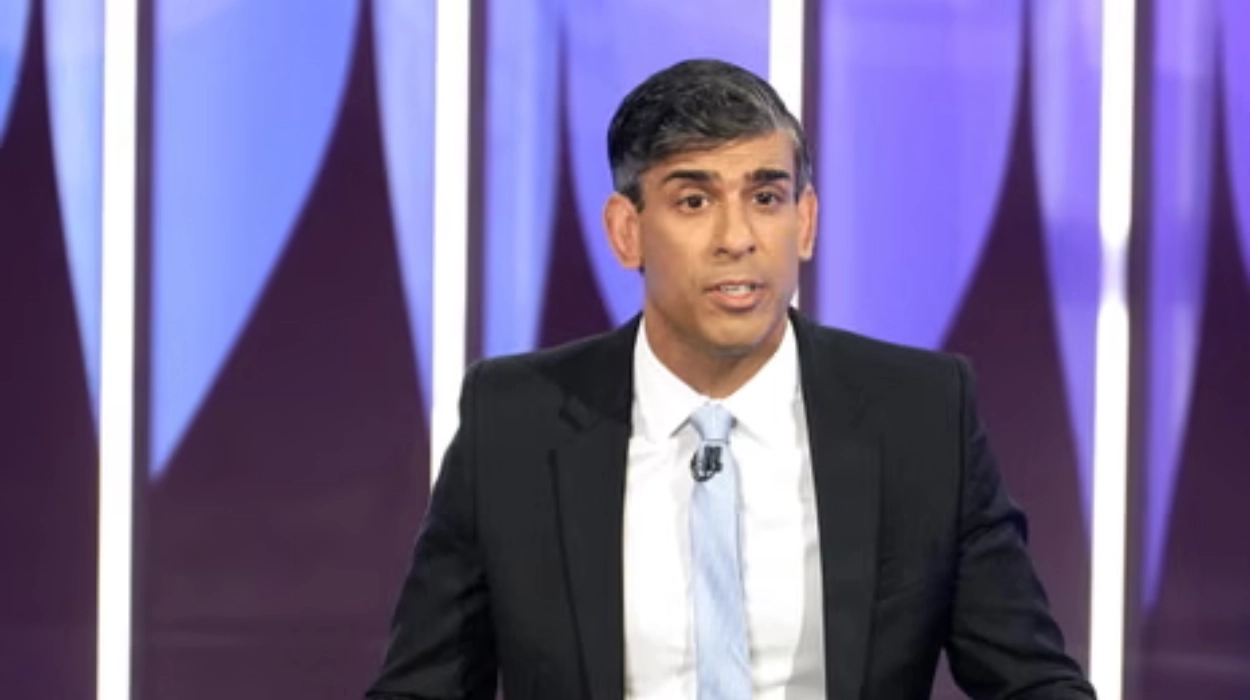London (Parliament News) – PM suggests curbs on finance or driving licences for 18-year-olds who refuse service during challenging Question Time leaders’ special.
What sanctions could be imposed on non-compliant youth?
PM Rishi Sunak has implied that young people might face limitations on access to finance or driving licences if they refuse to do national service, as he encountered a TV quizzing from voters. Asked during a BBC Question Time special what sanctions people could meet for refusing to take part in the Conservative policy of mandatory national service for all 18-year-olds, the prime minister pointed to “driving licences, or the access to finance, all sorts of other things”.
Asked whether this could mean depriving young people of bank cards, he replied: “There’s a lot of different models around Europe.” He was also questioned on revelations about alleged betting on the general election date, stating he was “incredibly angry” about the issue. The prime minister was questioned why Brexit was “absent” from the current Conservative manifesto, a question which prompted applause from the audience in York.
Pressed on NHS waiting lists, he admitted that the government “haven’t made as much improvement as I would like” but insisted things were improving. Asked if this had persuaded him, the questioner replied: “No.” Another audience member, a doctor, then attacked Sunak over his NHS plans, saying: “People are suffering.”
Why did PM Sunak link national service to youth privileges?
Sunak urged people should judge him on his record, but was then questioned why young people should entrust him given the “shenanigans with the Tory party”. Fiona Bruce, hosting the show, said: “There’s a bit of a theme emerging.”
How did national service discussions unfold on BBC Question Time?
In his half-hour space before Sunak’s, Starmer has also questioned a series of tricky questions, with one audience member calling out “all of the turnarounds on policies from Labour”. Starmer issued a bullish response, saying tough decisions were required, characterising one as being between declining NHS waiting lists and removing student tuition fees.
“They are political choices,” he stated, calling himself “a commonsense politician” and adding: “I’m telling you what they are before the election, so people can make their mind up.”
The Labour leader encountered a grilling over whether he was sincere when he hailed Jeremy Corbyn during the 2019 election as somebody who would make a “great” prime minister.
After deflecting the query by saying he did not expect Labour to succeed in 2019, as he has done before, Starmer said: “I was campaigning for the Labour party, I was a Labour politician.”
Pressed by Bruce for a yes or no response about whether he meant it, Starmer suggested he believed Corbyn would have been more useful than his Conservative opponent, stating: “Look what we got – Boris Johnson.”
Questioned about transgender rights and disparities within the Labour Party over the issue, Starmer emphasised that he wanted to bring the public together on divisive issues. He countered this with Sunak’s decision to make a “trans joke” in parliament, winning applause.


